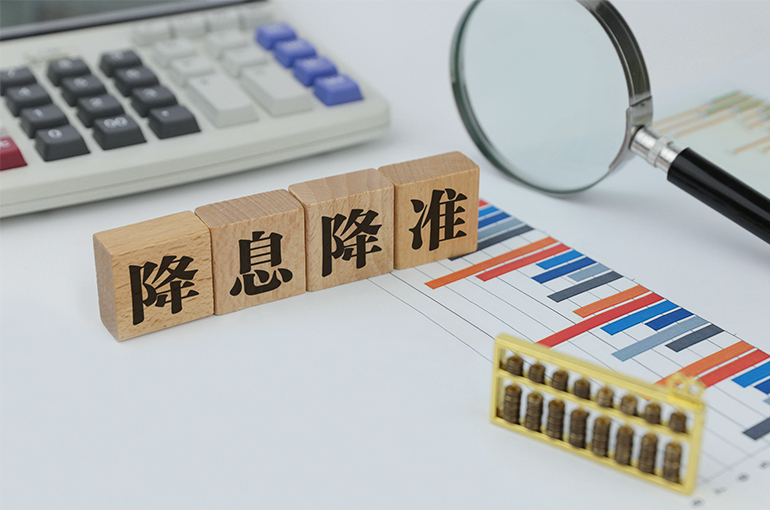 China to Bide Its Time as Global Central Banks Cut Rates, Analysts Say
China to Bide Its Time as Global Central Banks Cut Rates, Analysts Say(Yicai) Feb. 20 -- China is waiting for the right moment to ease its monetary policy, while major central banks around the world go on cutting interest rates, according to analysts.
Cooling expectations on US rate cuts, an inverted US-China spread, and pressures on the Chinese yuan from trade tensions, are constraining the monetary policy options that the People’s Bank of China has, the analysts told Yicai.
In its latest monetary policy report released on Feb. 13, the PBOC said it will use various monetary policy tools and make any necessary policy adjustments based on the domestic and international economic and financial situations, as it pursues a “moderately loose” stance this year.
The report highlighted the presence of “deepening adverse impacts from changes in the external environment,” Lian Ping, chief economist at the Guangkai Chief Industry Research Institute, told Yicai.
Escalating US-China trade tensions and the Fed's slower rate-cutting approach are creating adverse spillover effects on China's economic growth, with rising uncertainties ahead, Lian said. This complicates the PBOC's ability to cut rates while keeping the yuan steady, he added.
China’s top leadership pledged in December to embrace a “moderately loose” monetary policy this year in a move away from the “prudent” stance taken since 2011. The last time monetary policy was moderately loose was in 2008 to 2010 following the global financial crisis.
Exchange rate stability remains a crucial factor in China's monetary policy decisions, as evidenced by the recent trend in the yuan’s central parity rate. After the US imposed new import tariffs, the central parity rate unexpectedly strengthened instead of weakening, sending a clear signal of stability.
But while China’s economy has shown some signs of stabilization, analysts still believe further stimulus measures are needed to support growth.
Around the time of China’s top annual policy-setting meetings next month, the government is expected to introduce more supportive policies for private businesses and foreign investment and potentially strengthen measures for the development of real estate and overseas businesses, Song Yu, chief China economist at the BlackRock Investment Institute, told Yicai.
Editor: Futura Costaglione